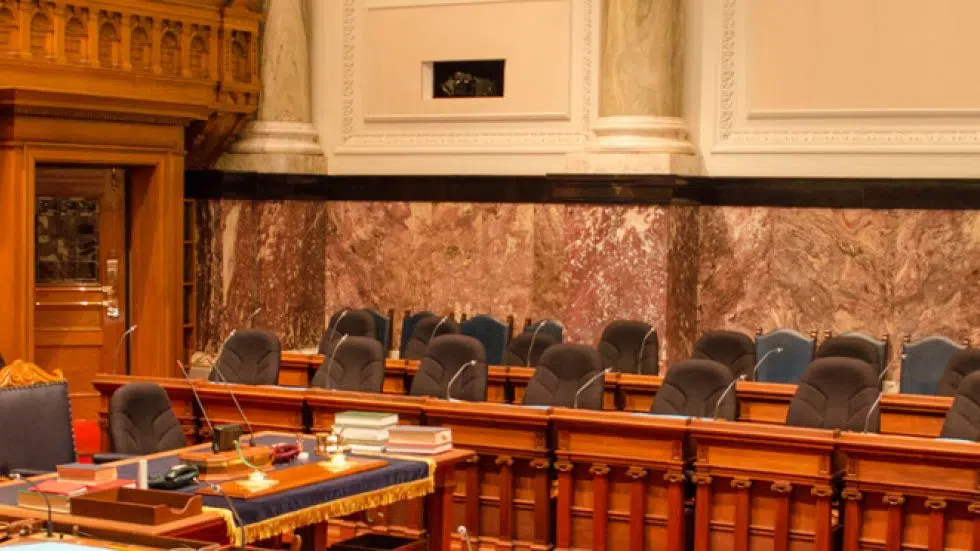
B.C. unveils ‘bold’ housing, child care plans, hikes employer, real estate taxes
VICTORIA — British Columbia moved to ease the province’s housing crisis Tuesday with a new tax on property speculators and higher taxes on foreign homebuyers with a budget that plans to create 114,000 affordable housing units over the next decade.
Finance Minister Carole James said the tax measures are part of the government’s aim to improve housing affordability in markets where some seniors are forced to live in their vehicles and young professionals are refusing to take jobs in B.C. because they can’t find a place to live.
“We can’t fix the housing crisis overnight but we can act,” said James. “A budget is more than revenue and expenses. A budget is about people. It’s about the kind of communities we want and the kind of future we want.”
The minister defended the new and increased taxes in her budget as the right path to restore affordability.


